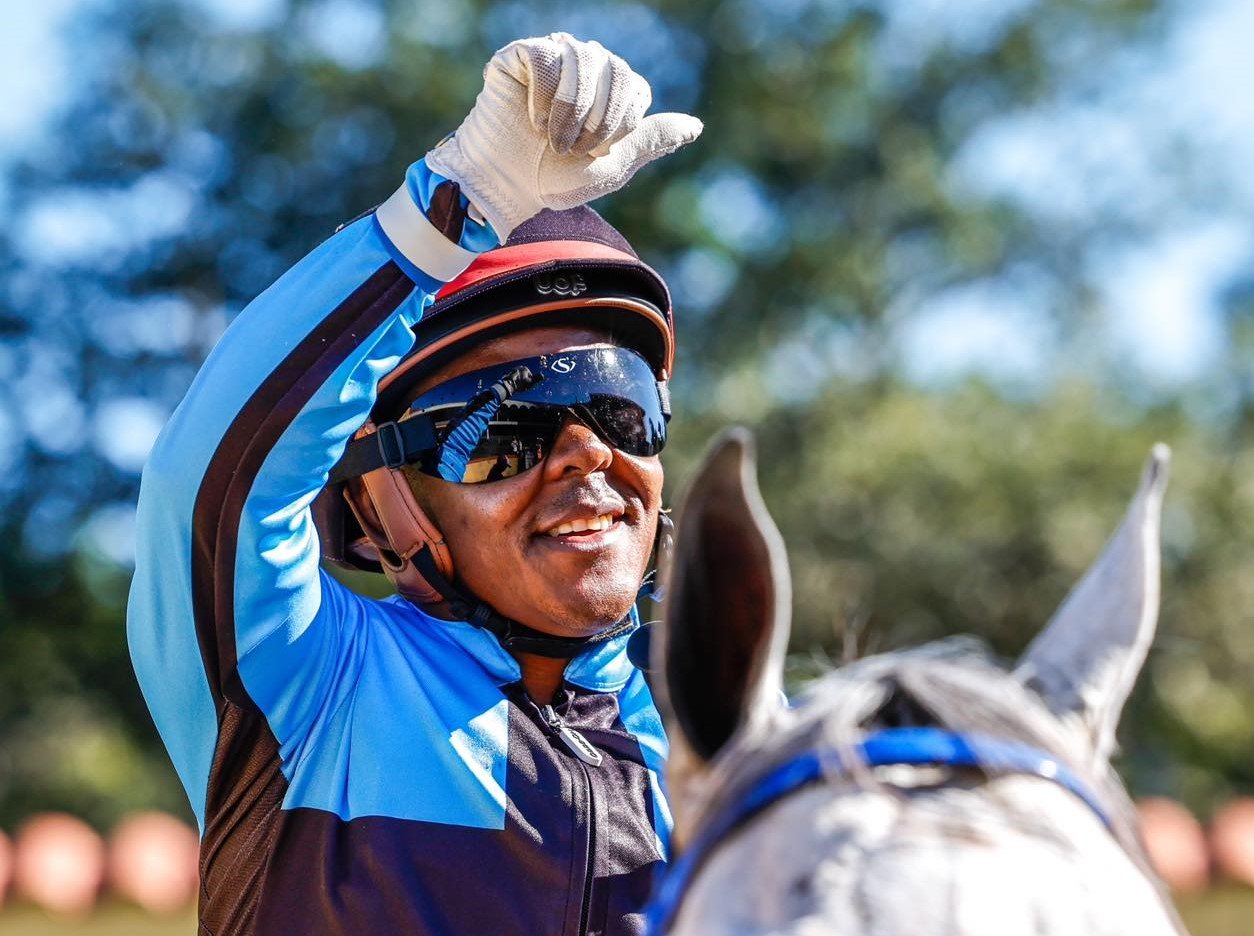Coming on the heels of newly instituted whipping rules that have been roundly criticized, the British Horseracing Authority is about to impose a new rule prohibiting owners from “laying” any horse trained by his or her trainer, regardless of who the owner is. “Laying” a horse means betting that the horse will not win.
The stipulation, currently part of the BHA’s Code of Conduct, is to become a rule of racing Nov. 1. What it means, simply, is that owners may not “lay” a horse from the same training yard in which they also have a horse in training.
Considering that many U.S. racing jurisdictions do not have rules prohibiting an owner from betting against his own horse, this British rule seems particularly strict. But such is the concern over how exchange wagering has altered betting on horse racing in the UK, where it is perfectly normal practice to bet on a horse to lose.
Michael Harris, chief executive of Britain’s Racehorse Owners Association, spoke out against making the “lay” prohibition part of the rules of racing.
“We were not comfortable with this when it was within the Code of Conduct and we like it even less now it is to become a rule that may lead to penalties being imposed on completely innocent parties,” Harris said. “At a time when racing needs every owner it can get with the diminishing number of horses in training, we should not be hardening up rules that will be a turn-off for some owners.
“We discussed this with the BHA at the time they raised it and told them why we did not support it. It is one thing to expect owners to adhere to a rule that says they cannot place lay bets on their own horses but we believe that expecting owners not to lay any horse that is in a yard when they have a horse in that yard is a step too far.
“Apart from the unfairness of it,” Harris continued, “you do wonder how it will be policed. If I have just a 20th share in one horse in a yard, this rule says I would be in breach if I lay another horse in the same yard.
“Just because you have a horse in a yard, it doesn’t mean you are automatically privy to inside information about other horses in that yard. This rule assumes you do and therefore disadvantages owners.”








